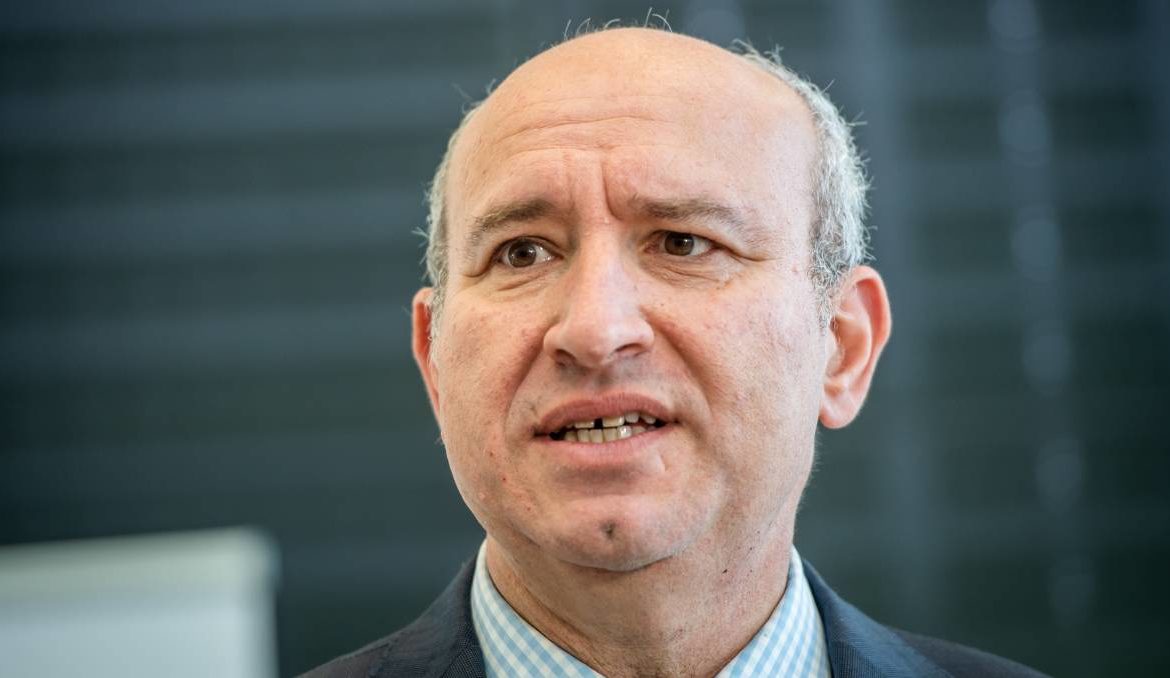coronavirus,
While headlines focus on supply issues for COVID-19 vaccines being manufactured overseas, dozens of other medications are also facing critical supply shortages due to global issues. But ACT doctors and pharmacists are seeking to reassure patients that they will still be able to get the treatment they require even if their regular medication isn’t available. According to the Therapeutic Goods Administration there are 40 medications that are currently experiencing a critical supply shortage in Australia, and 12 more are expected to be experiencing issues in coming weeks. The medicines regulator and the government have faced criticism over the shortages, but president of the ACT branch of the Australian Medical Association Antonio Di Dio was positive about the way the government had handled the shortages. “The vast majority of the shortages that have occurred in Australia in last 12 months are a consequence of manufacturers overseas not keeping up with demand or reducing output for various reason. Our governments have done a good job in responding to that,” he said. Supply shortages have also been caused by a lack of the active ingredients for specific drugs, adding a layer of complication in the supply chain issues. Shortages have been affecting the medical sector in Australia for about five years, with the most acute pain felt in the early weeks of the COVID-19 pandemic, when medications were stockpiled by patients living in fear they wouldn’t be able to get the drugs they needed as the pandemic continued. Dr Di Dio says current shortages are “far less frightening” than what was experienced in March and April last year, and that most people would be able to find replacement drugs by working with their GP and pharmacist. President of the ACT branch of the Pharmacy Guild Simon Blacker backed up Dr Dio, saying laws introduced last year by the federal government had made it easier for pharmacists to meet the requirements of patients even when certain medications were out of stock. READ MORE: Mr Blacker said the Therapeutic Goods Administration had improved the way it communicated with medical professionals, but there was always more that could be done. Current shortages aren’t as bad as the start of the pandemic he said, when “the supply chain nearly broke”. “We saw things in that period go out of stock that we hadn’t seen go out of stock before,” he said.
/images/transform/v1/crop/frm/pMXRnDj3SUU44AkPpn97sC/0149b067-ce91-4006-a132-d5d479afe2c1.jpg/r238_792_5406_3712_w1200_h678_fmax.jpg
While headlines focus on supply issues for COVID-19 vaccines being manufactured overseas, dozens of other medications are also facing critical supply shortages due to global issues.
But ACT doctors and pharmacists are seeking to reassure patients that they will still be able to get the treatment they require even if their regular medication isn’t available.
According to the Therapeutic Goods Administration there are 40 medications that are currently experiencing a critical supply shortage in Australia, and 12 more are expected to be experiencing issues in coming weeks.
The medicines regulator and the government have faced criticism over the shortages, but president of the ACT branch of the Australian Medical Association Antonio Di Dio was positive about the way the government had handled the shortages.
“The vast majority of the shortages that have occurred in Australia in last 12 months are a consequence of manufacturers overseas not keeping up with demand or reducing output for various reason. Our governments have done a good job in responding to that,” he said.
Supply shortages have also been caused by a lack of the active ingredients for specific drugs, adding a layer of complication in the supply chain issues.
Shortages have been affecting the medical sector in Australia for about five years, with the most acute pain felt in the early weeks of the COVID-19 pandemic, when medications were stockpiled by patients living in fear they wouldn’t be able to get the drugs they needed as the pandemic continued.
Dr Di Dio says current shortages are “far less frightening” than what was experienced in March and April last year, and that most people would be able to find replacement drugs by working with their GP and pharmacist.
President of the ACT branch of the Pharmacy Guild Simon Blacker backed up Dr Dio, saying laws introduced last year by the federal government had made it easier for pharmacists to meet the requirements of patients even when certain medications were out of stock.
Mr Blacker said the Therapeutic Goods Administration had improved the way it communicated with medical professionals, but there was always more that could be done. Current shortages aren’t as bad as the start of the pandemic he said, when “the supply chain nearly broke”.
“We saw things in that period go out of stock that we hadn’t seen go out of stock before,” he said.







